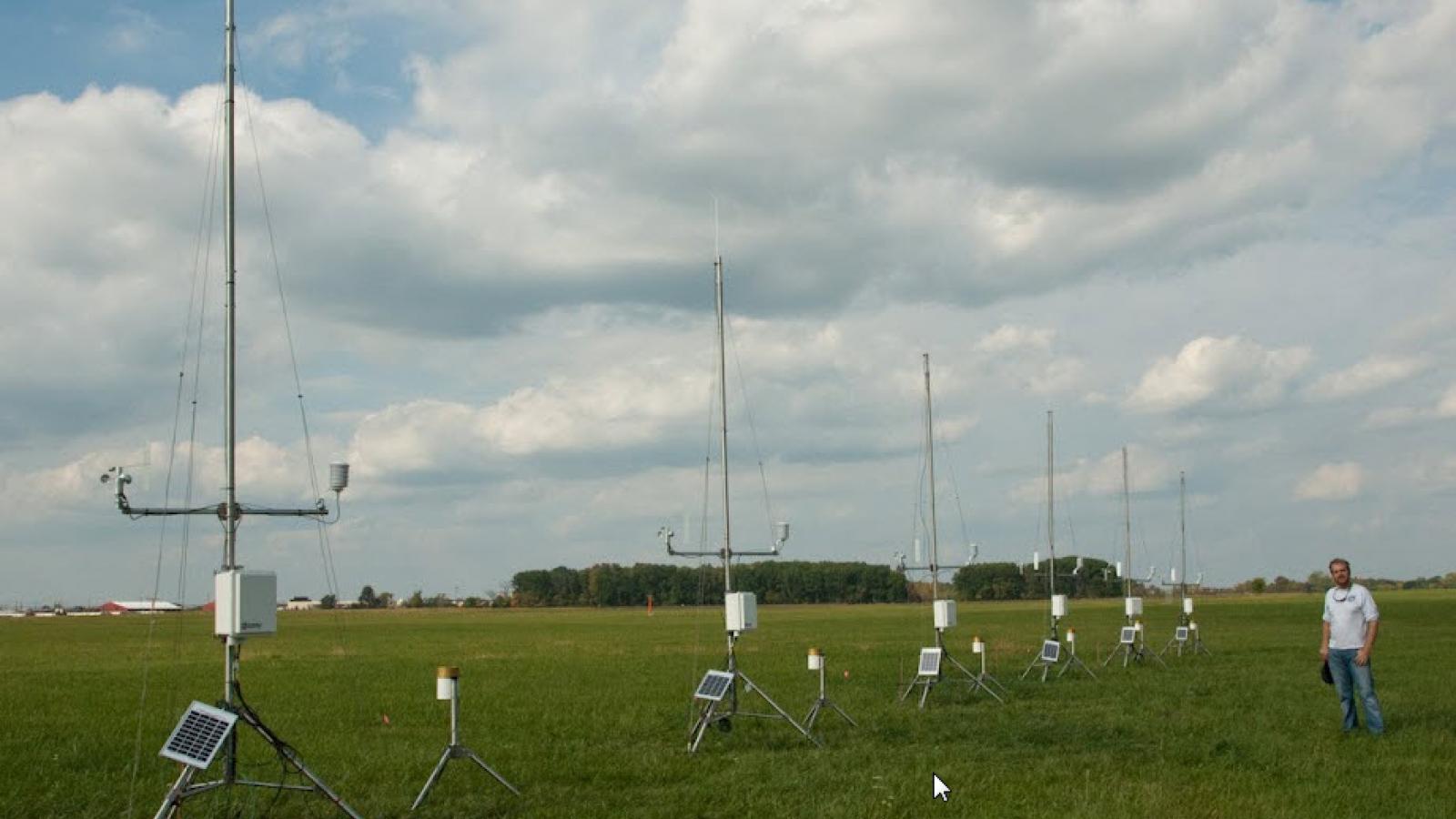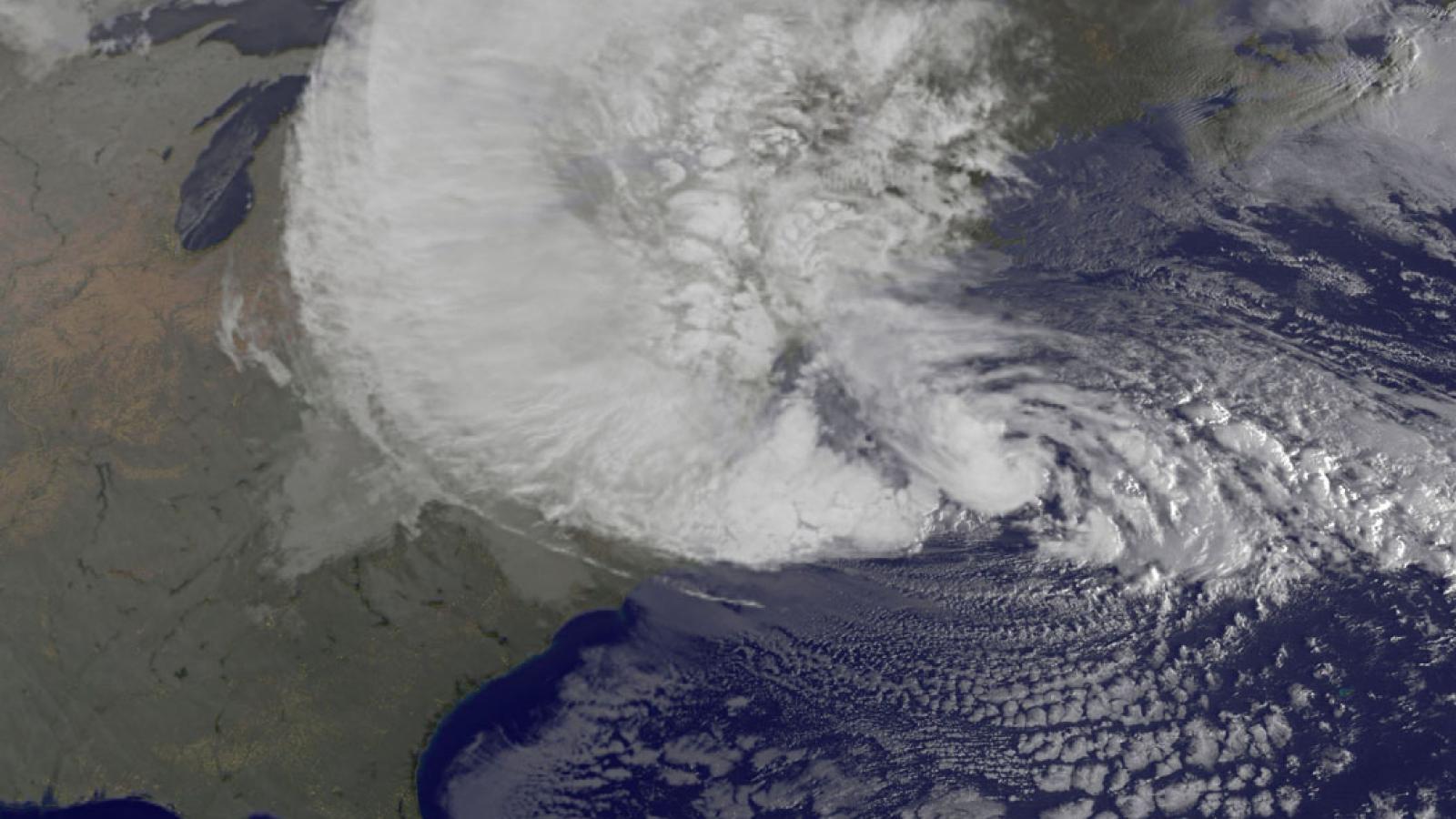Physical Geography and Climatic Studies
Are you curious to know if…
- the severe weather season in Ohio is changing?
- Earth's glaciers are melting and if so, why?
- Pacific Ocean temperatures are linked to droughts and floods in the Midwest?
- hurricanes are getting stronger?
- Earth's climate is changing and if so, how and why?
Events in the atmosphere are linked to each other and processes driving the weather in one location may ultimately have even larger impacts at distant locations around the world. Climate is the result of the cumulative impacts of complex interactions between atmospheric and oceanic systems occurring on many scales of space and time.
Atmospheric and Climatic Studies (ACS)at Ohio State encompasses two different degree-offering programs: Atmospheric Science and Geography (Climate Studies). Although there are some differences in the requirements for each degree, students share many of the same classes and may work with the same advising faculty.
Geography (Climate Studies):
Thematically, the ACS curricula examine atmospheric systems at many spatial and temporal scales.
For example, on the molecular scale the temperature at which an ice crystal forms may determine the isotope of oxygen in the frozen water. Analysis of the isotopes of oxygen in a core of ice from a glacier may tell us about changes of the Earth's climate. Events in the Pacific Ocean such as El Niño or La Niña affect the global circulation and can change the location of the jet stream or the number of hurricanes over the Atlantic Ocean.
Students in ACS are introduced to the theoretical bases for atmospheric processes operating on multiple scales and their applications to specific phenomena. Students may choose to pursue a degree in Geography or Atmospheric Sciences.
The following table provides an overview of the major themes of teaching and research in the Atmospheric & Climatic Studies specialization, along with the names of faculty associated with these themes. However, this list is far from exhaustive. Faculty draw from a variety of subjects within and across specializations to develop their unique research interests. Click a faculty's name below for her or his specific interests. On the following page, click on the faculty's name for his or her website.


